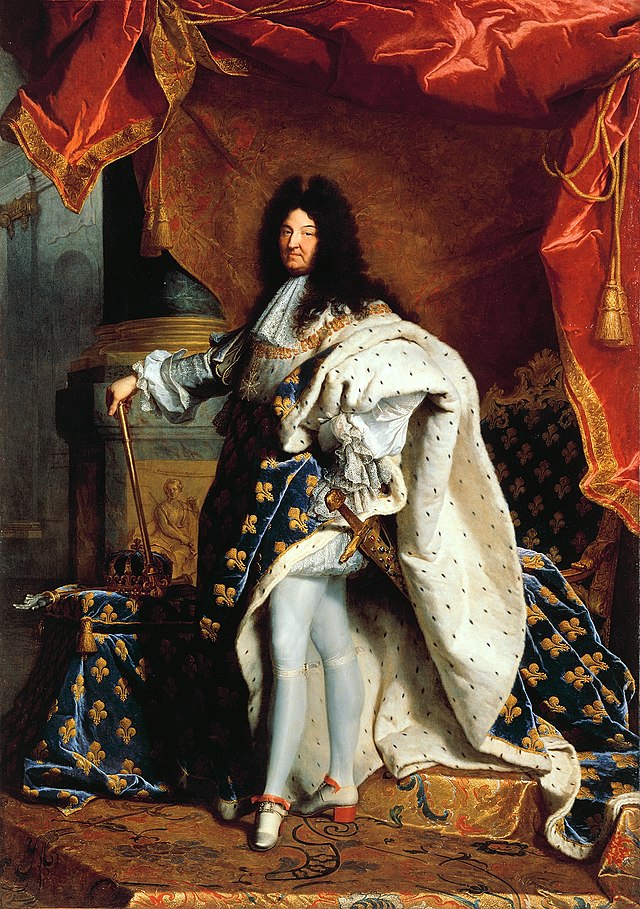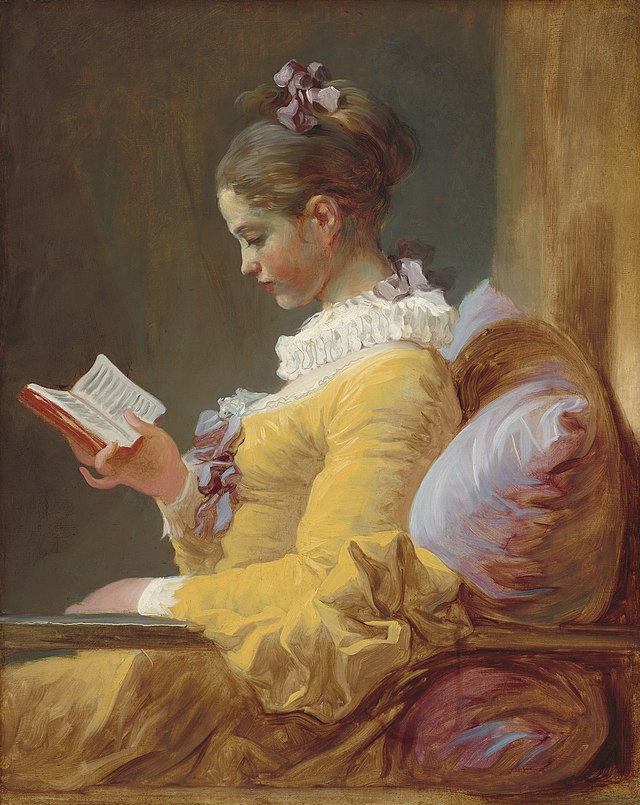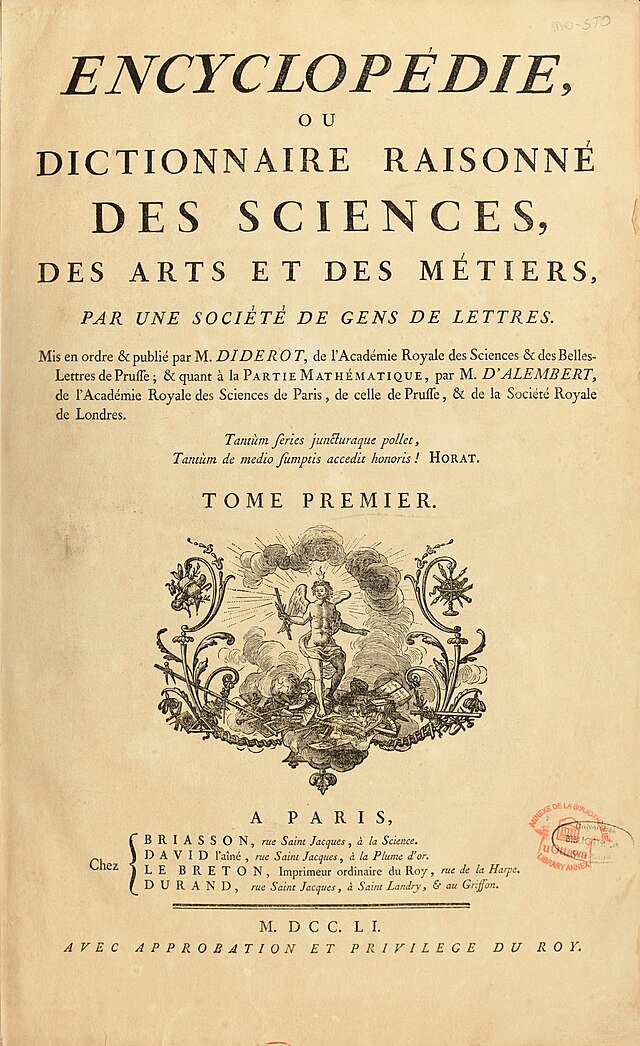 In 2011 Steven Pinker wrote a book called "The Better Angels of Our Nature" which might put us crime-writers out of business. Why? Because the subtitle is "Why Violence Has Declined." It's a huge book - over 700 pages - and chock-full of statistics and historical evidence for a dramatic decline in little things like murder and assault. And if you haven't read it, it's worth a read. That, or check out my book report:
In 2011 Steven Pinker wrote a book called "The Better Angels of Our Nature" which might put us crime-writers out of business. Why? Because the subtitle is "Why Violence Has Declined." It's a huge book - over 700 pages - and chock-full of statistics and historical evidence for a dramatic decline in little things like murder and assault. And if you haven't read it, it's worth a read. That, or check out my book report:Basically, Pinker's argument is that violence has not only been in decline over the last five hundred years, but that the present is probably the most peaceful time in the history of the human species. The decline is enormous and widespread, including declines in war, homicide, genocide, torture, criminal injustice, as well as the treatment of animals, children, women, homosexuals, and racial and ethnic minorities. He stresses that "The decline, to be sure, has not been smooth; it has not brought violence down to zero; and it is not guaranteed to continue." In other words, enjoy it while it lasts, and work hard to keep it going.
Pinker admits that humans, like any animal, are always capable of violence, especially if there's a fight for survival. But he says there have been some historical forces that have changed the dynamic to make us less violent:
 |
| From "L'etat, c'est moi" |
 |
| To Parliamentary rule |
There were no police, and only the wealthy had bodyguards or a hearing from the king. For the rest of the population, well - the circuit court came once a year, and the rest of the time you were on your own. The trouble was that, if the state provides no services, the state gets no loyalty, and the bodyguards were really private armies.
So, with the rise of the modern nation-state with parliamentary monarchies and rising democracies - and with the rise, let it be faced, of gunpowder and guns - states decided that only the state should have "a monopoly on the legitimate use of force". In order to do this, though, the state had to actually provide justice on a regular basis, so that people would give up their need for private revenge, protection, justice, etc. and trust that the state would take care of that for them.
 |
| Cato the Elder |
 |
| Fragonard - "A Young Girl Reading" |
Cosmopolitanism - Basically, it's easy to hate what you don't know, the foreign, the alien. But, as literacy and mobility increased, and mass media rose to entertain and educate that literate mobile population, people's sympathy and empathy expanded to embrace different ideas. There was a recent study that showed that the more fiction a person read, the more empathetic they were. Because fiction (in any form) lures you into stepping into someone else's shoes - and the next thing you know, you no longer want to hurt, maim, torture, or kill people who are different from you. It really works.
The Escalator of Reason - Calling on people to apply knowledge and reason to government, politics, economics, etc., can, "force people to recognize the futility of cycles of violence, to ramp down the privileging of their own interests over others', and to reframe violence as a problem to be solved rather than a contest to be won." In other words, if you can get people to stop reacting emotionally and instead think rationally about how to handle conflicts, they usually step back from violence and start trying to negotiate their way.
SIX HISTORICAL TRENDS
The Pacification Process - Pinker describes this as the transition from "the anarchy" of hunter/gatherer/herder societies, which are largely honor societies, to the first agricultural civilizations, which are more apt to be based on law. The trouble with honor societies is that they are "touchy" - easily led to duels and honor killings, which can travel down the generations in cycles of revenge. (My rebuttal: law-based societies can fight wars till the cows come home, too.)
 The Civilizing Process of the Leviathan - see above.
The Civilizing Process of the Leviathan - see above.The Humanitarian Revolution - During the 17th and 18th centuries, i.e., the Age of Reason and the European Enlightenment, came the "first organized movements to abolish slavery, dueling, judicial torture, superstitious killing, sadistic punishment, an cruelty to animals, together with the first stirrings of systematic pacifism."
The Long Peace - After WW2, the Western World (by and large), stopped waging war on each other. (My rebuttal: At least directly. Let's not forget proxy wars...)
The New Peace - Since the end of the Cold War in 1989, there has been a decline of organized conflicts everywhere. (My rebuttal: More terrorism, less outright war.)
The Rights Revolution - Post WW2 increase of human rights for all.
FIVE INNER DEMONS
 |
| "Murder in the House" - Jakub Schikaneder |
Predatory or Practical Violence - Because it's there and you want it. Greed, gluttony, lust.
Dominance - the "urge for authority, prestige, glory and power"; at any level, even the most minor.
Revenge - self-explanatory.
Sadism - thankfully, far rarer than our societal obsession with serial killers would lead one to expect.
Ideology - "a shared belief system, usually involving a vision of utopia, that justifies unlimited violence in pursuit of unlimited good." Or, as Peter Finley Dunne put it back in the early 1900s, "A fanatic is a man that does what he thinks the Lord would do if He knew the facts of the case." Like behead people.
FOUR BETTER ANGELS
But lest we be too discouraged, there are "four better angels" that "can orient us away from violence and towards cooperation and altruism":
Empathy - Read more fiction.
Self-Control - There have been scientific studies of nursery school children - offered 1 marshmallow now or 2 if they could wait 15 minutes - that those who were able to wait showed later in life significantly "better life outcomes" of all kinds.
The Moral Sense - Pinker admits these can cut both ways, either to govern a culture extremely well OR lead to increased violence when a set of moral norms are designed to keep people unified through fear.
Reason - Pinker is very big on reason. I am, too, but then, I'm Greek.

Anyway, while we SleuthSayers are never likely to be put out of business, it's still nice to know that education, cooperation, and societal change have made - and hopefully, will continue to make the world a more peaceful place.
Eve, I believe that statistically there probably is less violence today. But if one looks around the world, from local homicides to what's going on in the Mid East or Ukraine it's hard to believe sometimes.
ReplyDeleteI know. I'm still debating Pinker in my head and occasionally on paper - I think he's 100% right about 75% of the Western World. The rest... not so much.
ReplyDeleteThanks for presenting this so concisely, Eve. I've picked up bits and pieces of Pinker's thoughts along the way, but this made it more readily comprehensible.
ReplyDeleteBased on what you presented here I would say that I am largely in agreement with your assessment. Mark has a point, as well--clearly there are forces at work in the world determined to reverse Pinker's trend.
Eve, that's a lot to think about, but if there's Five Demons and only Four Angels, some of those Angels are gonna have to work a lot harder to make this a better world.
ReplyDeleteR. T., I think we need a lot more angels.
ReplyDeleteMost interesting post, Eve. What I would like to see next are the stats on violent crime vs social programs. Do those countries with more generous social programs experience fewer violent crimes?
ReplyDeleteEve, this is a fascinating piece, because anecdotally, we feel besieged by violence, but in fact, compared to the Crusades, or the 14th century religious wars, or the Black Death, this ain't nothin'. People thought their world was collapsing, and in a very real sense, it was. We aren't facing the Apocalypse, in spite of overheated rhetoric. I haven't read your guy Pinker. I'll cruise my local library shelves. I'm always on the lookout for something that challenges my accepted world-view.
ReplyDeleteInteresting summary Eve. Thanks. As far as better angels go, I think we vastly underestimate the capacity of humans for goodness. We see all this violence on television and we get the impression that the world is falling apart around us. And there is still plenty of violence to cause suffering. However, we seldom see the billions of acts of caring and love that occur among individuals in families and communities all around the world every day. All of these acts contribute to the maintenance of peace and the preserving "local orders." I think it was Kenneth Boulding who wrote that the international order is really the sum of the local orders. We are fortunate that the world if filled with islands of peace amidst the violence we still see.
ReplyDeleteInteresting summary Eve. Thanks. As far as better angels go, I think we vastly underestimate the capacity of humans for goodness. We see all this violence on television and we get the impression that the world is falling apart around us. And there is still plenty of violence to cause suffering. However, we seldom see the billions of acts of caring and love that occur among individuals in families and communities all around the world every day. All of these acts contribute to the maintenance of peace and the preserving "local orders." I think it was Kenneth Boulding who wrote that the international order is really the sum of the local orders. We are fortunate that the world if filled with islands of peace amidst the violence we still see.
ReplyDelete